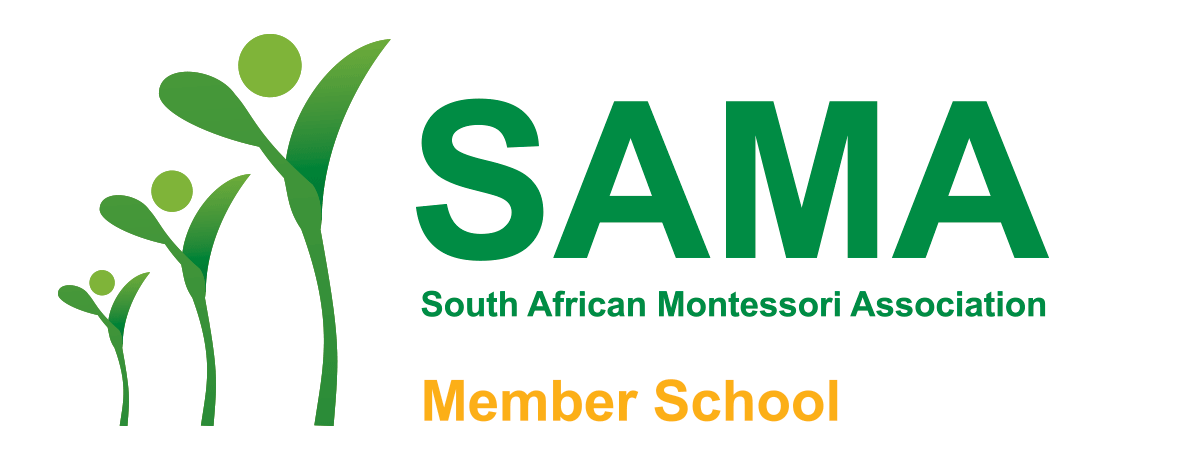
MONTESSORI PRESCHOOL
Who we are:
A place where we nurture the body, mind and spirit of children and encourage them to develop into their best possible selves.
We aim to provide phenomenal education that is affordable. Our preschool is 100% off the grid, meaning no interrupted learning, EVER. The school building is also engineered smartly, using the latest technology to ensure your little one gets the best.
We provide healthy, nutritious meals. We also offer Kids Coding, Soccer Stars, and Music Box as extramurals, and Playball as an intramural.
Age Groups

Our school comprises of 3 age groups:
Infants: 3 - 18 months
Toddlers: 18 months - 3 years
Children's House: 3 - 6 years
Montessori encourages different age groups to interact and learn from each other.
School Hours

Our operating hours are as follows:
School opens: 7:00
Class begins: 8:00
Half day: 13:30
Full day: 15:30
Aftercare: 17:15
Montessori education consists of a structured day of learning and play.
Here we encourage learners to become independent and enjoy learning.

At Sutherland Academy we keep it simple:
Our fees include breakfast, lunch and a snack.
Holiday Program is available to all at an additional fee.
We also offer discount for multiple siblings and upfront annual payment.
*Fees may be subject to change.
Everything you need to know
What is Montessori?
Montessori education is a holistic approach to teaching children. It was developed by Maria Montessori, M.D. who developed her system by observing and following the internal law of development of children.
Through her observations, she concluded that children have an innate desire to be independent. She realized that the role of the teacher is not to pour knowledge into the child but rather to give the child tools for exploration of the world around him or her.
She developed classroom work around five major avenues: practical life, sensorial, language, math and culture.
One of the most important things about her message is that the role of the teacher is as “aid to life,” responding to the inner needs of each child.
Practical Life

Practical life activities are a way for young children to feel comfortable in their environment, while learning basic skills and honing both gross motor and fine motor skills.
It increases their independence and preparation for
everyday life activities.
Sensorial

Sensorial materials assist the child to develop and refine the five senses to take in clear concepts. It also lays the foundation for mathematics.
Language

Language helps children express themselves and learn to write and read.
Young children are naturally able to learn language. Montessori classrooms incorporate both spoken and written language into the environment to further enrich this early learning.
Mathematics

Mathematics offers concrete objects to learn counting and the four operations all the way into the abstract
Montessori Math includes the development of concepts such as numeration, place value, fractions, and the basic operations of addition, subtraction, multiplication, and division using numbers up to 9999.
Culture

Children learn about the diverse and beautiful world they live in.
They learn about living and non-living things, how land, air, and water make up the earth, Botany and Zoology.
There are many Montessori Cultural activities to enrich our children’s minds.
" The education of even a small child, therefor, does not aim at preparing him (or her) for school, but for life. "
- Maria Montessori

